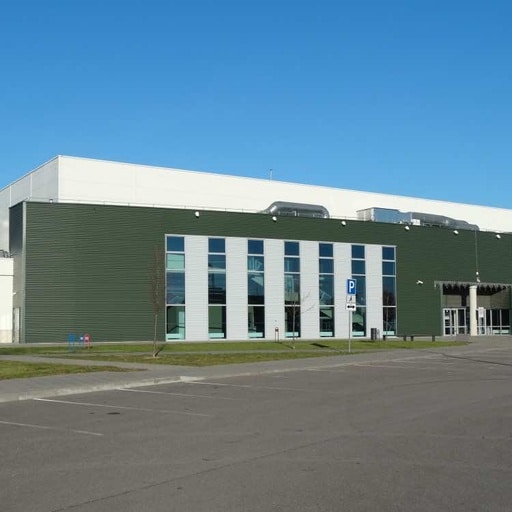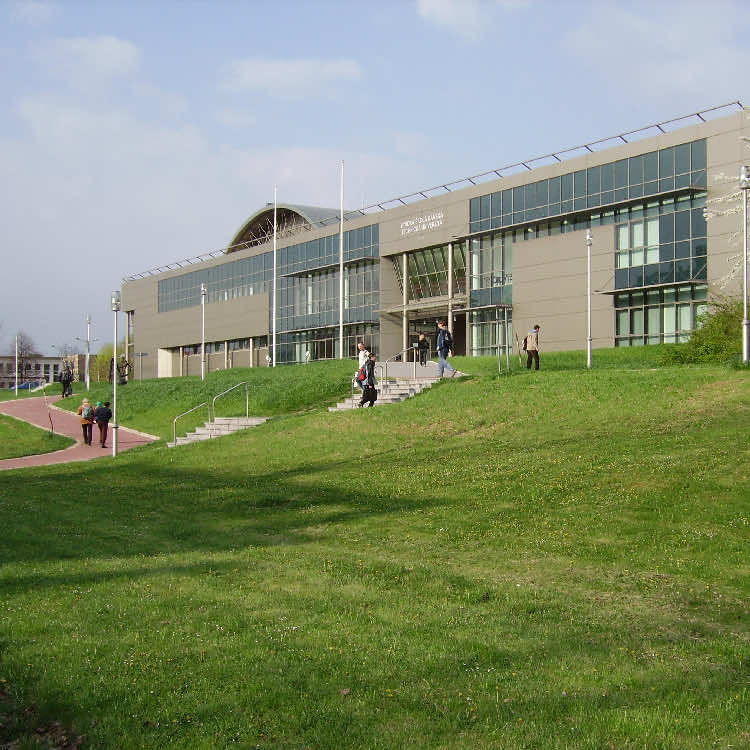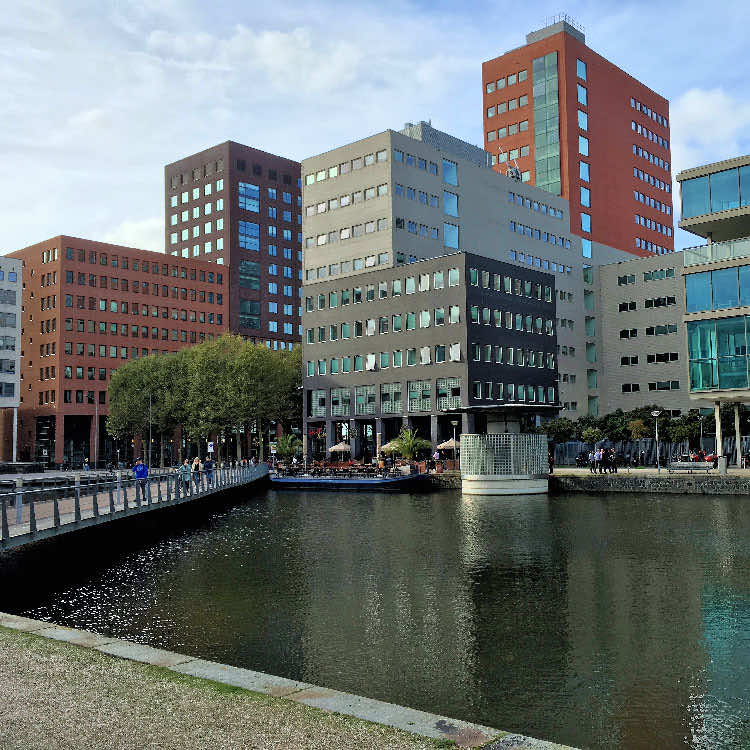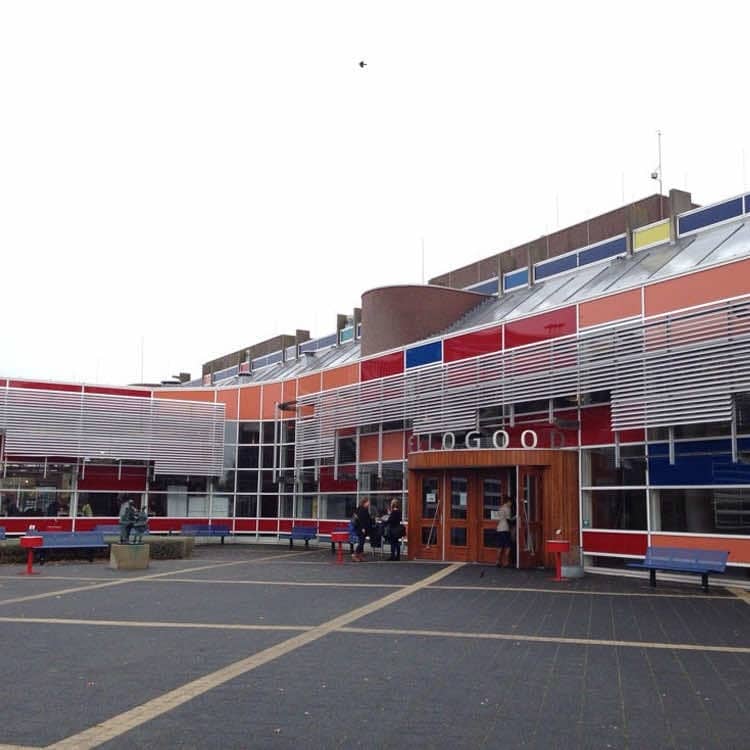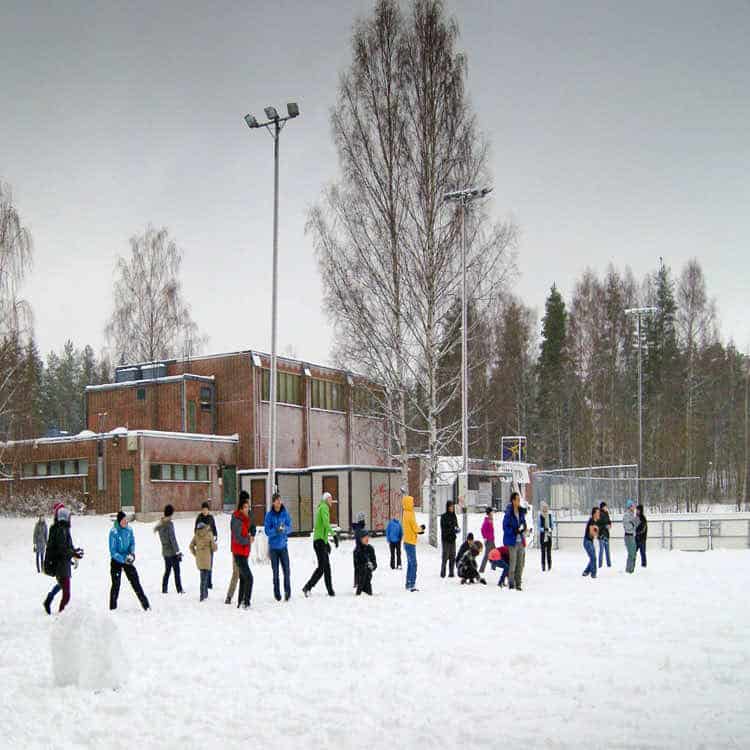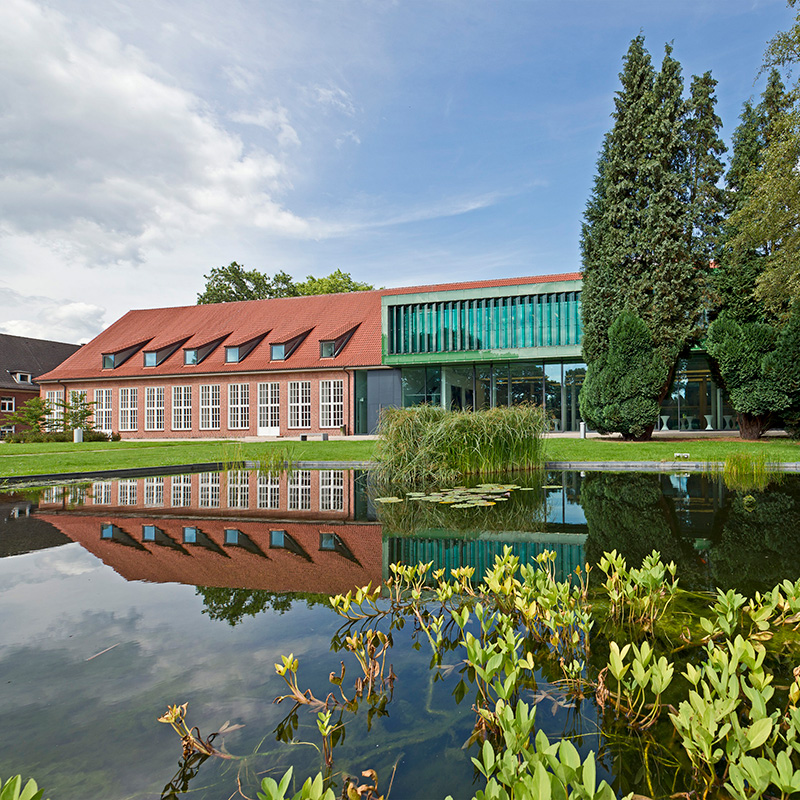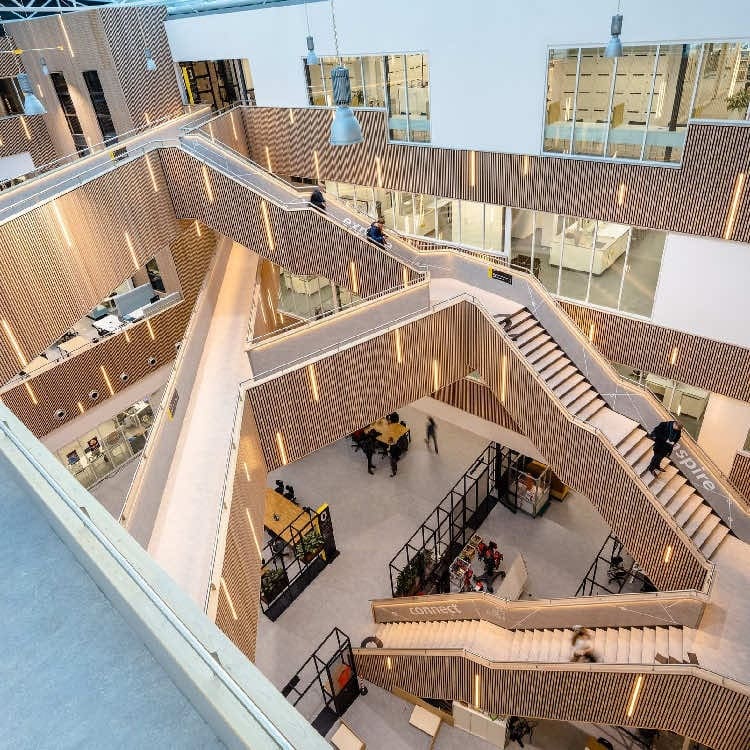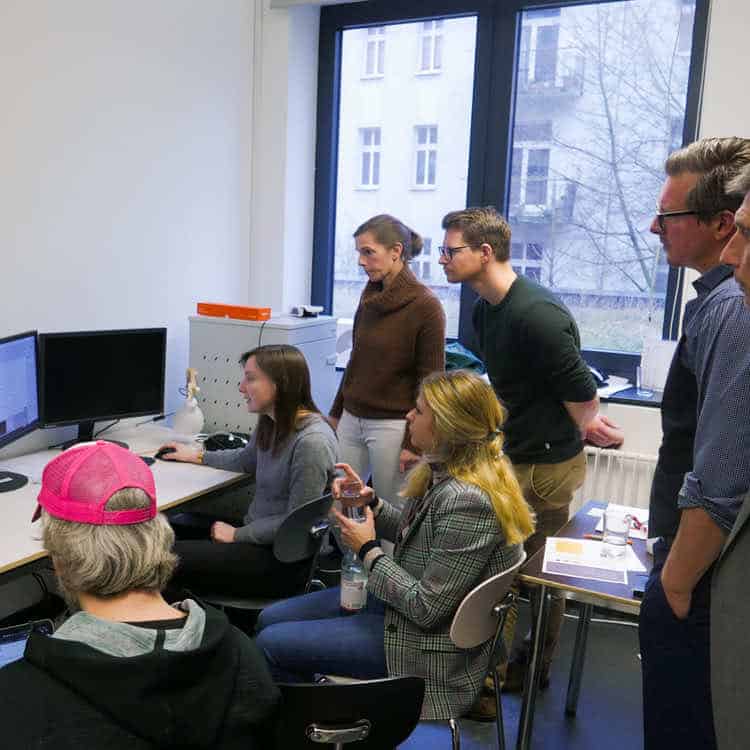All Industrial & Systems Engineering
We are surrounded by way more engineered systems than most people realize. If anything complex and manmade is running smoothly, it’s likely that a industrial and systems engineer had a hand in it. Just think about the following:How luggage leaves the hands of passengers at one airport and is returned to them at the next.How rush hour traffic is organized (amazingly, it could actually be worse).How cybersecurity software defends against previously unknown threats.How the electric power grid responds to changing demand.Systems often contain a human or otherwise unpredictable component. Industrial and systems engineers collect, collate, and analyze a variety of data to make predictions about how such a system might behave and devise ways for it to adapt when necessary.As such, advanced statistics, management, ergonomics, economics, and other less traditional subjects are studied in addition to the math and sciences that make up the basis of all engineering degrees. Industrial engineers also work in production:Optimizing the design of various products for easier manufacture and quality assurance.Designing assembly lines and other production processes.Finding ways to increase human efficiency, especially through the use of technology.Frequently, industrial and systems engineers find themselves at the intersection between engineering and business. This can therefore be a very rewarding career for an active, inquisitive, and engaged person.

